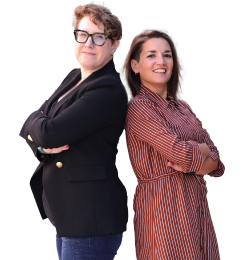Perspective
Sentient Media Podcast: A Conversation With Advocate Journalist Jessica Scott-Reid
In this episode, award-winning journalist Jessica Scott-Reid discusses the challenges of reporting on farmed animals for mainstream media.
Podcast•42 min read
